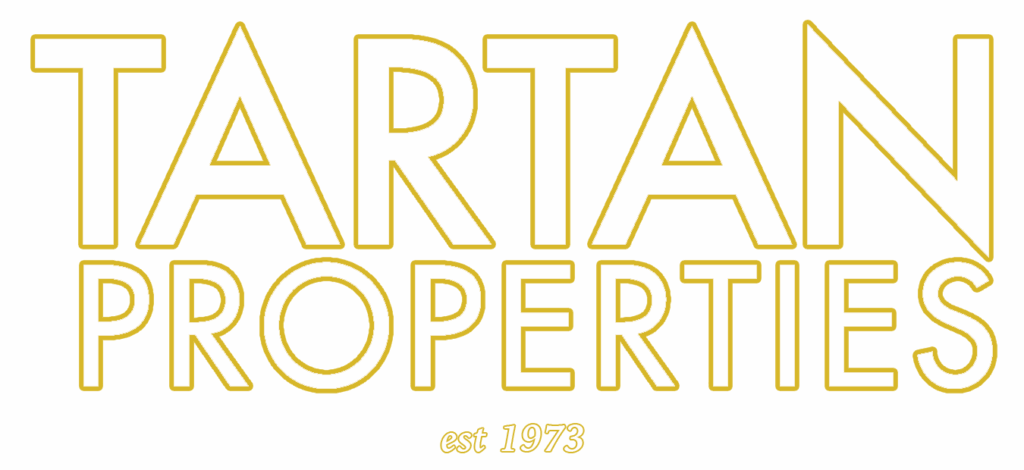As the calendar turns to a new year, many of us find ourselves reflecting on the past and planning for the future with renewed energies. It’s a time for fresh starts, making it the perfect opportunity to reassess your retirement plans and make strategic decisions about your real estate assets. Whether you’re considering selling or continuing to lease your property, aligning these decisions with your retirement goals is essential for setting a course for financial security. This guide will help you navigate the complexities of real estate planning, ensuring that your property decisions support your long-term objectives.

Setting Clear Goals for Real Estate Success:
In 2025, approximately 4.2 million Americans are expected to turn 65. Although not everyone retires at this age, we should expect there will be many people leaving the workforce, selling their businesses, and in many cases making decisions on what to do with their commercial real estate. The foundation of any successful retirement plan is setting clear, achievable goals. When it comes to real estate, these goals should reflect your broader retirement aspirations, whether they involve financial security, lifestyle changes, or legacy planning.
Financial Security:
One of the primary reasons property owners consider selling or leasing their assets is to enhance their financial security in retirement. Start by evaluating how your property can contribute to your financial stability. Consider factors such as potential income from leasing versus the potential costs for upgrades and improvements for leasing, the proceeds from a sale versus the capital gains tax implications, and how these funds can be invested to support your retirement lifestyle. It’s crucial to have a clear understanding of your financial needs and wants and how your real estate assets can help meet them.
What Are Your Lifestyle Goals?
Retirement often brings significant lifestyle changes, and your real estate decisions should align with these shifts. Consider how selling or leasing your property fits into your desired lifestyle. For instance, if you’re planning to downsize or relocate, selling might be the best option so you are not left trying to be an absentee landlord. Alternatively, if there is demand for your property, leasing could provide a steady income stream while allowing you to retain ownership. Reflect on how your property decisions can support the lifestyle you envision for your retirement years.
Legacy Planning:
For many property owners, real estate is not just an asset but a legacy. Consider the long-term impact of your decisions on your family or the community. If leaving a legacy is important to you, think about how your property can be part of that plan. This might involve passing it on to family members, donating it to a charitable organization, or using the proceeds to support causes you care about. Aligning your real estate decisions with your legacy goals ensures that your property continues to have a positive impact beyond your lifetime.
Evaluating Your Options:
Once you’ve set your goals, it’s time to evaluate your options. The decision to sell or lease your property is a significant one, and it’s essential to weigh the pros and cons of each option carefully.
Selling vs. Leasing Commercial Real Estate:
Selling your property can provide a substantial lump sum that can be used to fund your retirement plans or buy the beach house you have long dreamed of. It eliminates the responsibilities of property ownership, such as maintenance and management, allowing you to focus on other aspects of your retirement. However, selling also means relinquishing any future appreciation in property value, potential rental income, and most likely creating a taxable event. If you enjoy the rental income but don’t want to take the large hit in paying the capital gains tax, consider doing a 1031 tax differed exchange into another property that requires less owner responsibility. Learn more about 1031 exchanges in one of our earlier blog posts here.
Leasing, on the other hand, allows you to retain ownership while generating a steady income stream. This option can be particularly appealing if you anticipate property values increasing or if you want to maintain a connection to the property. However, leasing comes with its own set of challenges, including tenant management, expensive capital improvements, and ongoing maintenance responsibilities.
Market Trends:
Staying informed about current real estate trends is crucial when making strategic decisions. Market conditions can significantly impact the value of your property and the feasibility of selling or leasing. Research local market trends, including property values, demand for rental properties, and economic factors that could influence your decision. Understanding these trends will help you make informed choices that align with your goals.
Consulting Experts:
Navigating the complexities of real estate planning can be challenging, and seeking expert advice is often beneficial. Work with a trusted real estate agent who understands your local market and can provide insights tailored to your situation. Additionally, consider consulting financial advisors and tax professionals to ensure that your decisions align with your broader financial and tax strategies. These experts can help you navigate the intricacies of real estate transactions and provide valuable guidance throughout the process.
FAQ’s
- What’s the first step in planning real estate for retirement? Start by evaluating your goals and financial needs to determine whether to sell, lease, or hold your property.
- How can I minimize taxes on property sales? Work with a tax advisor to explore options like 1031 exchanges or other tax-deferral strategies.
- Should I consult a financial planner before selling? Absolutely. Financial planners ensure your decisions align with long-term objectives.
- What are the benefits of downsizing? Downsizing reduces costs, simplifies life, and frees up capital for investments or lifestyle upgrades.
- How do I assess market conditions? Research local trends or consult a real estate professional to understand your property’s market position.
By taking a strategic approach to your real estate decisions, you can kickstart your retirement plans with confidence. The new year offers a fresh perspective and an opportunity to align your property assets with your long-term goals, ensuring a fulfilling and secure retirement. Whether you choose to sell or lease, making informed decisions that reflect your aspirations will set the stage for a successful transition into this exciting new chapter of your life.
Ready to align your commercial real estate decisions with your retirement goals?
Mike Porterfield is a commercial real estate advisor with twenty years of experience in the Northern Virginia commercial real estate market. You can find him on Instagram @theCREbroker. Tartan Properties Commercial is an independent commercial real estate brokerage that provides creative and professional solutions for its clients’ real estate needs. You can find us on all social media platforms @tartanproperties.
